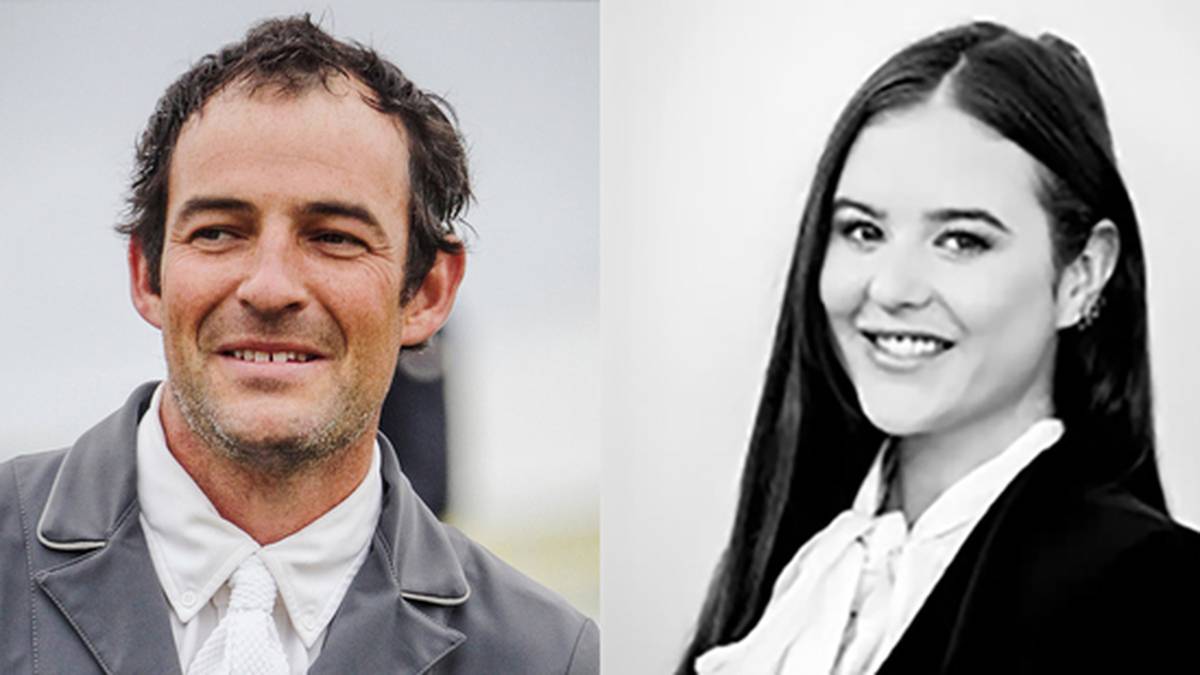The court case has now closed for a junior family law barrister and her equestrian partner who pleaded guilty on Tuesday to defying Auckland’s alert level 4 lockdown with a holiday in Wānaka – a trip that caused a “firestorm” of anger, criticism and in some cases outright threats.
But despite Hannah Rawnsley’s discharge without conviction and William Willis’ punishment of a $750 fine, the duo still face potential hurdles in their professional lives.
Addressing Judge Bruce Davidson at Papakura District Court, defence lawyer Rachael Reed QC argued on Tuesday that a discharge without conviction would give Rawnsley a better chance of re-establishing her career but acknowledged the ultimate arbitrator will be the New Zealand Law Society.
Rawnsley self-reported herself to the Law Society, Reed said, adding that the organisation is “well aware and awaiting the outcome of this proceeding”. At 26 years old, Reed pointed out her client has been in the legal profession for just three years.
“She’s regarded as a junior member of the profession, needing guidance and support,” she told the judge as she advocated for a discharge without conviction. “Should this one mistake stymie her career rather than just tarnish it?”
Rawnsley quit her job at a Pukekohe law firm in September after it received a barrage of online abuse following the Wānaka trip.
A conviction would present a considerable impediment to her returning to the profession, Reed said, providing the court with two statements from lawyers who said it would be more difficult to hire her with a conviction. She acknowledged the publicity caused by the case will already be a career impediment.
In a statement released in September, shortly after the couple’s arrest, Law Society president Tiana Epati expressed disappointment at the accusations.
The organisation’s standards committee, consisting of fellow lawyers and laypersons, is tasked with determining if a formal investigation is required when complaints are laid against a lawyer.
“The usual process is for disciplinary matters to be put on hold pending the outcome of a police investigation and court processes to be completed,” Epati said at the time.
The couple’s lawyer suggested in court Tuesday that it was “inappropriate” for the president to have already commented on the situation, adding that the matter needs to dealt with in a “careful, nuanced way”.
When asked about the status of an investigation on Wednesday, the Law Society referred to its previous statement.
“The New Zealand Law Society | Te Kāhui Ture o Aotearoa is prevented by the Lawyers and Conveyancing Act 2006 on commenting on whether we have received a complaint or any details of complaints or concerns raised with us,” said Katie Rusbatch, general manager for professional standards.
However, one thing that seemed to be a sticking point for the organisation in September was whether Rawnsley used a letter from the Law Society as an exemption to cross the Auckland border as part of the Wānaka trip.
It’s now known that wasn’t the case. The couple used an exemption through Willis’ business, Matawhio Sports Horses Limited, which allowed him to cross into Waikato for “transport of goods related to animal health and welfare” such as the delivery of hay.
After the couple was approached by an officer in Wānaka, Rawnsley did show him the Law Society letter, which was issued to lawyers for use when crossing borders for priority court proceedings. That was likely to give the officer a false impression, prosecutor Natalie Walker said. But Judge Davidson disagreed, stating that he didn’t think it was an attempt to deceive the officer.
Retired University of Auckland law professor Bill Hodge said he’s written reference letters in the past for law grads who had convictions such as drink driving. The young lawyers were terrified, and rightly so, he said. But in most cases the Law Society said they’d keep an eye on the matter but didn’t pursue further discipline or suspension, he said.
“It’s more of a professional embarrassment than a serious crime. It’s not going to result in anything like expulsion from the Law Society. There might be a little hand waving or finger-pointing, but I can’t see it being a major hindrance to her resume to her employment opportunities are forever stained. I think she’ll be fine.”
Willis, meanwhile, could see his equestrian sports future in doubt.
The 35-year-old, who is a former New Zealand representative, was set to be a topic of discussion when Equestrian Sports NZ’s board met in September.
“ESNZ values integrity, honesty and social responsibility and may only act within the bounds dictated by its constitution and general regulations,” board chair Lynda Clark said in a statement in September, after the organisation reported receiving “numerous inquiries” about a member who had travelled to Wānaka.
“The ability of ESNZ to conduct a disciplinary investigation into conduct of a member that has occurred outside of an ESNZ event is limited to circumstances where that conduct has the potential to bring ESNZ, or equestrianism in general into disrepute,” Clark continued. “The board of ESNZ will discuss whether any formal action could or should be taken by ESNZ in relation to this…”
Clark declined further comment on the matter while the criminal case was pending.
Neither she nor other organisation officials responded to the Herald’s request for comment on Wednesday, now that the case is resolved.
Reed also mentioned in court on Tuesday that Willis’ agricultural business is struggling – due to several factors including the bad publicity it has received, a general downturn caused by Auckland’s months-long lockdown and because Willis’ travel exemption was revoked after the Wanaka incident, meaning he had to pay others to deliver hay rather than doing so himself.
“He is working incredibly hard … to save his business,” she said.
Their reputations are tarnished, Reed added, and they “don’t seek to hide from that at all”.
Source: Read Full Article

/cloudfront-ap-southeast-2.images.arcpublishing.com/nzme/WXJZDISOVWYJ5HUEOEFFF4IJYQ.jpg)
/cloudfront-ap-southeast-2.images.arcpublishing.com/nzme/YQWQJVBWFR4YZCCXQLTXET4R3U.jpg)




